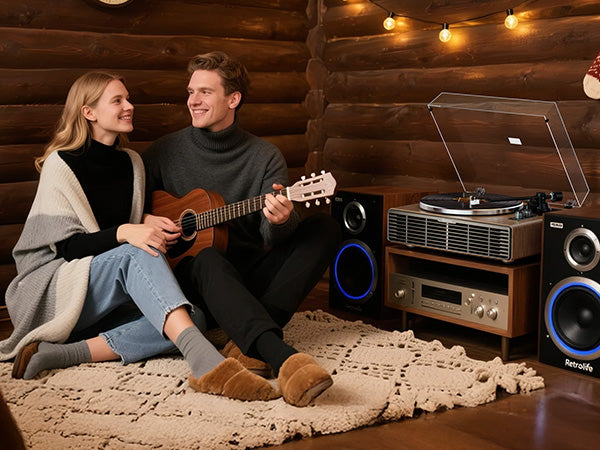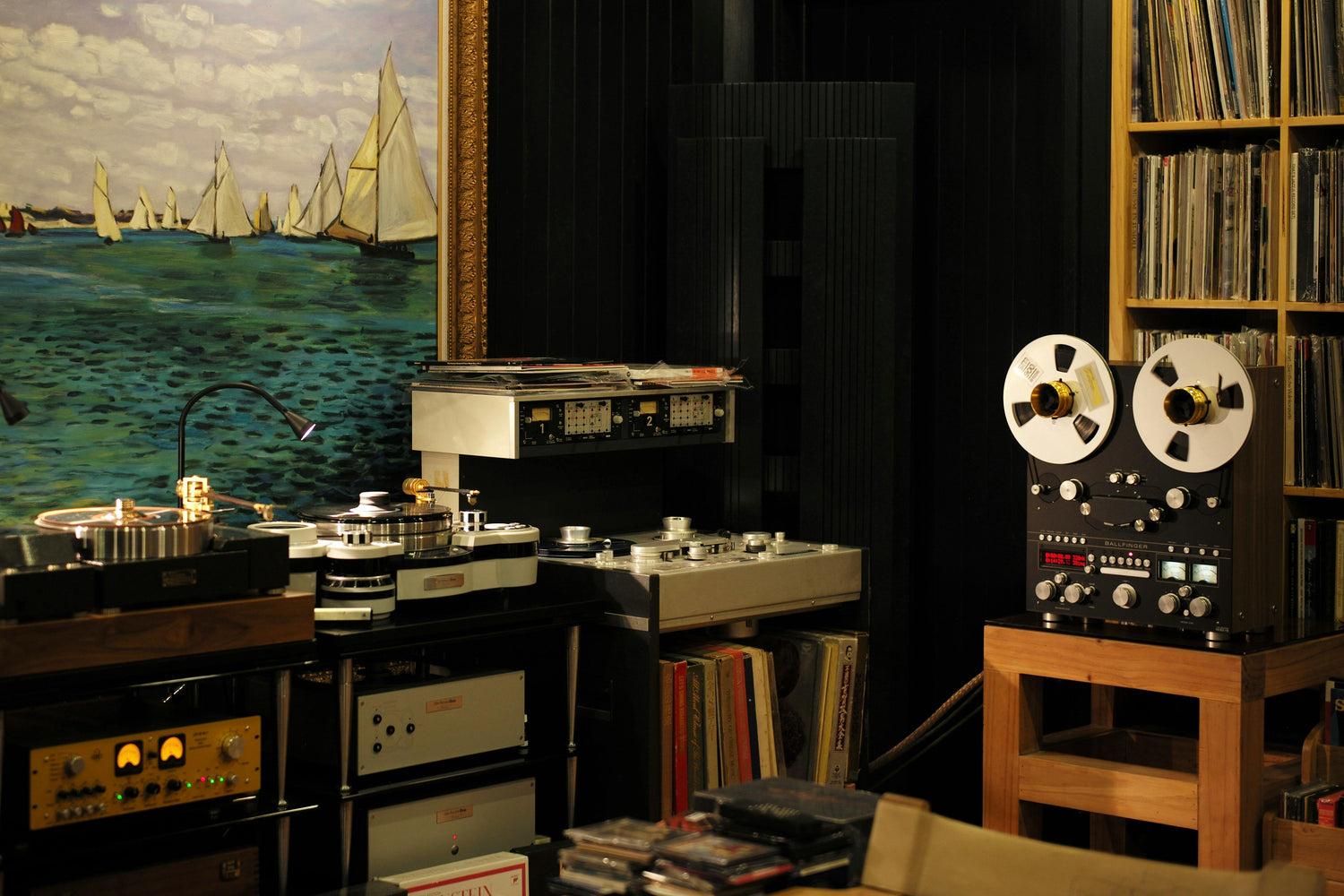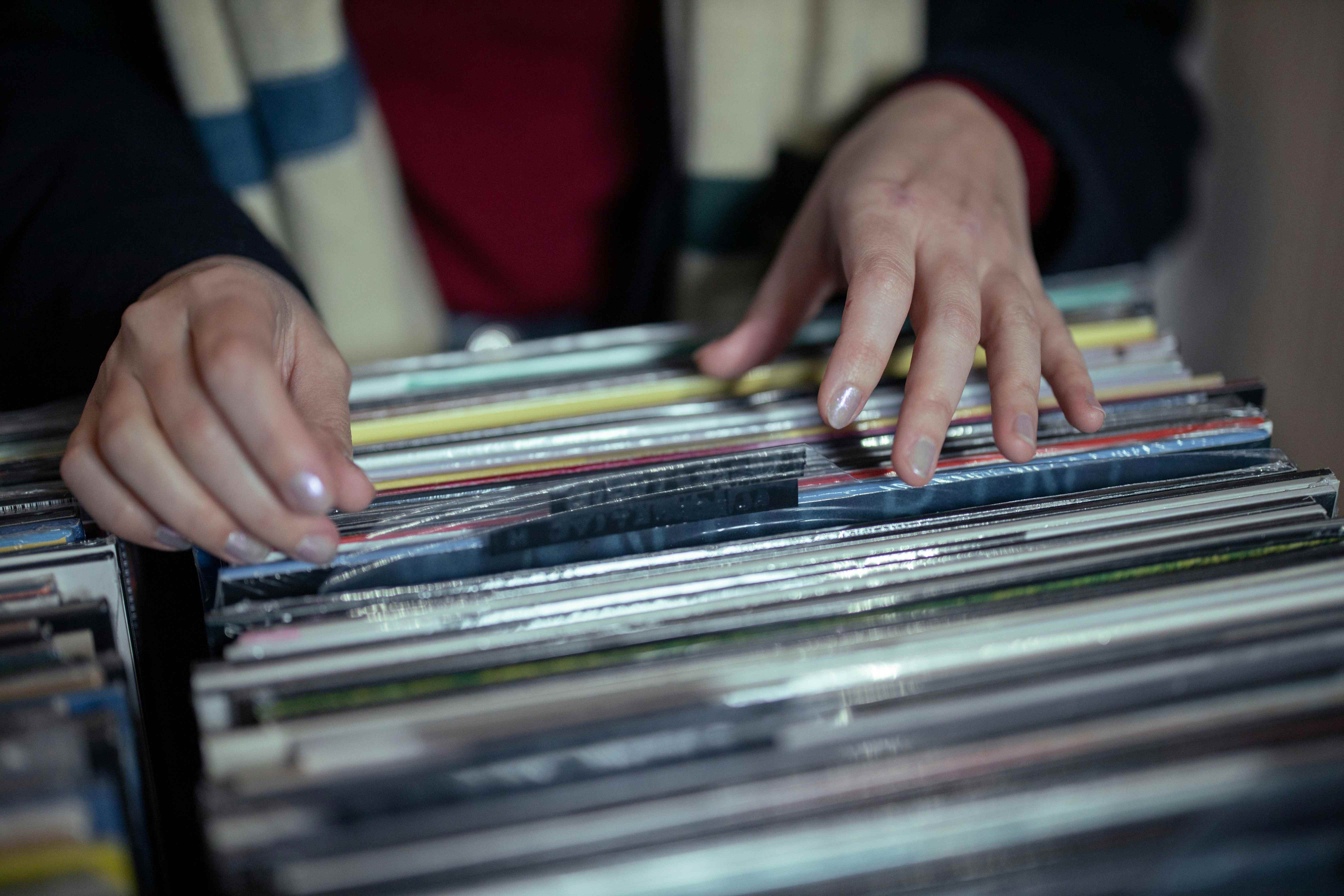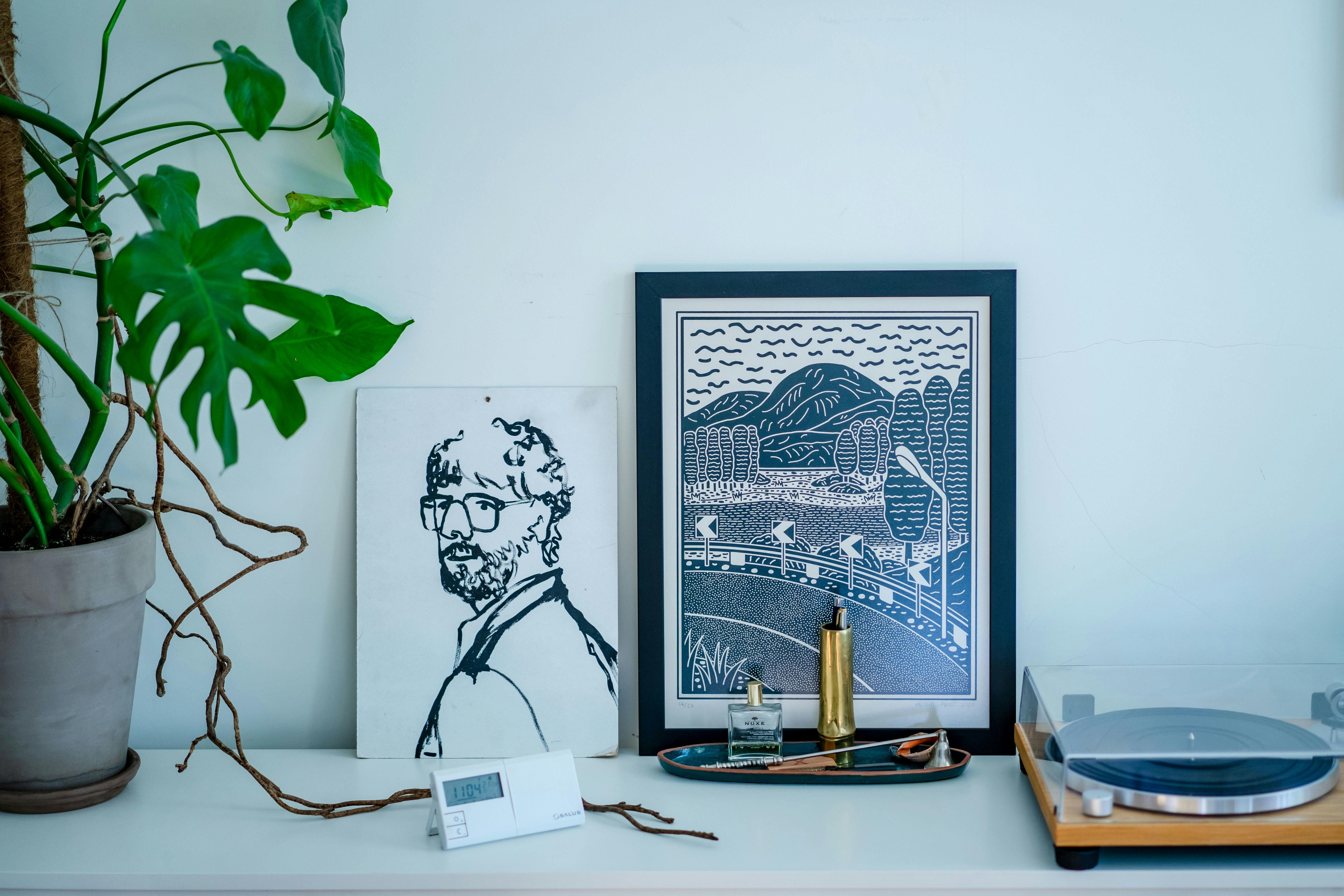The resurgence of vinyl is more than a fleeting trend; it's a full-blown cultural phenomenon that has seen turntables spinning in living rooms where digital once reigned supreme. Yet, the humble Compact Disc, once the shining beacon of audio fidelity, still holds a significant place for many. This brings us to a question that echoes in forums, hi-fi shops, and late-night listening sessions: Record player vs. CD player – which is "better," and is the commitment to vinyl truly "worth it" in this age of digital convenience?
Let's be clear: there's no single, objective answer that will satisfy everyone. The "worth" of vinyl, or any audio format, is a deeply personal calculation, weighing sonic characteristics, user experience, cost, and even a touch of romanticism. At XJ-HOME, we believe in the profound joy of music, regardless of the medium, as long as it's reproduced with care and respect for the artist's intent. So, let's dissect this debate, not to declare a winner, but to help you understand the unique values each format brings to the table.
The Case for Vinyl: The Analog Allure & Tactile Ritual
The allure of vinyl is multifaceted, extending far beyond just the sound.
-
The Tangible Experience: This is perhaps vinyl's most potent weapon. The act of selecting a record, admiring the (often large-format) artwork, carefully placing it on the platter, and gently lowering the stylus is a ritual. It's an intentional, physical engagement with music that streaming or even CD playback rarely replicates. This tactile connection is something we, at XJ-HOME (https://xenonjade.com), believe fosters a deeper appreciation for the music itself.
-
The "Warmth" Factor – More Than Just Nostalgia? Vinyl is often described as sounding "warmer," "fuller," or more "organic" than digital formats. While some of this is subjective, there are technical underpinnings. Analog reproduction can introduce even-order harmonic distortion, which many find pleasing to the ear. Furthermore, the mastering process for vinyl is different from that for digital. Historically, vinyl masters couldn't handle the extreme dynamic compression often applied to CDs (especially during the "loudness wars"). This sometimes resulted in vinyl versions having a more natural dynamic range, though this isn't an inherent quality of the format itself.
-
The Collector's Item & Resale Value: Vinyl records are physical artifacts. Limited editions, rare pressings, and even well-maintained common records can appreciate in value, making collecting a rewarding hobby beyond just the music.
-
The "Active Listening" Effect: The ritual and the limited playback time of a side often encourage more focused, active listening rather than music simply being background noise.
However, vinyl is not without its challenges:
-
Cost: Turntables, cartridges, phono preamps, record cleaning gear – the initial investment can be higher. Records themselves, especially new releases or sought-after pressings, are often more expensive than CDs or streaming.
-
Maintenance & Fragility: Records require careful handling and cleaning to sound their best and avoid damage. Styli wear out. Turntables need occasional setup and adjustment.
-
Inconvenience: No skipping tracks easily (without risking stylus damage), flipping records every 20-25 minutes, and no portability in the true sense.
-
Surface Noise: Clicks, pops, and a general noise floor are inherent to the medium, especially on older or less-than-pristine pressings. For some, this is part of the charm; for others, it's an irritant.
The Case for the CD Player: Digital Precision & Convenience
The Compact Disc was a revolution, promising "perfect sound forever." While that tagline was perhaps a touch hyperbolic, the CD format offers significant advantages.
-
Superior Technical Specifications (Potentially):
-
Dynamic Range: Empirically, CDs offer a wider potential dynamic range than vinyl. A CD can theoretically achieve around 96dB of dynamic range, whereas vinyl is more limited by its physical nature and inherent noise floor. As Creative Audio Works notes, it's "physically impossible" for vinyl to exceed the dynamic range of a CD.
-
Frequency Response: CDs can reproduce a very wide and flat frequency response within the audible spectrum.
-
Channel Separation: CDs typically offer excellent separation between left and right channels, leading to a precise stereo image.
-
No Surface Noise: Being a digital optical medium, CDs don't suffer from the clicks, pops, and rumble inherent in vinyl playback. The background is silent.
-
-
Convenience: Instant track skipping, programmability, often longer playing times per disc, and greater durability (though discs can still scratch).
-
Cost-Effectiveness: CD players are generally affordable, and used CDs can be incredibly cheap, offering a vast library of music for minimal outlay.
-
Consistency: A CD should sound largely the same every time you play it, assuming the disc and player are in good condition.
However, the CD experience isn't perfect:
-
The "Loudness Wars" Impact: Many CDs, particularly those released from the mid-90s through the 2000s (and even some today), were mastered with excessive dynamic range compression to sound "louder" on the radio and in casual listening environments. This can make them sound fatiguing and rob the music of its natural peaks and valleys. This isn't a flaw of the CD format itself, but rather a mastering choice. Disc Makers' blog touches on this, noting how compression can affect the perceived dynamic range.
-
Perceived "Sterility": Some listeners find CD sound to be "cold," "clinical," or "sterile" compared to the perceived warmth of vinyl. This is highly subjective and often tied to the mastering and playback equipment.
-
Less Tactile Experience: While there's still a physical disc and artwork, the engagement is generally less involved than with vinyl.
So, Is Vinyl "Worth It"?
This brings us back to the core question. "Worth" depends on what you value:
-
If you prioritize the absolute pinnacle of theoretical audio measurement, ultimate convenience, and freedom from surface noise: The CD (or high-resolution digital files) might be your champion.
-
If you value a tactile, engaging ritual, the potential for a "warmer" or more "organic" sound (even if not technically "perfect"), the collectability aspect, and are willing to invest time and money in the upkeep: Vinyl is very likely "worth it" for you.
-
If you appreciate music first and foremost and can see the merits in both: There's absolutely no reason you can't enjoy both! Many audiophiles have both record players and CD players (and digital streaming setups), choosing the format that best suits the album, their mood, or the listening situation.
Consider these practical realities:
-
The Importance of Mastering: A well-mastered vinyl record can sound incredible. A poorly mastered CD (e.g., overly compressed) can sound terrible. Conversely, a well-mastered CD can outperform a poorly pressed or mastered vinyl record. The source material and the engineering decisions made during mastering are arguably more critical than the format itself.
-
Playback Equipment Quality: A high-end turntable setup will likely sound better than a budget CD player, and vice-versa. The quality of your entire playback chain significantly influences the end result.
-
Your Listening Habits & Space: Do you listen critically in a dedicated space, or casually while doing other things? Your environment and listening style might make one format more practical than the other.
The Verdict: It's Your Call
The debate between record players and CD players isn't about objective superiority across all metrics. It's about different philosophies of music consumption and different sonic presentations. Vinyl offers a unique, engaging, and often deeply satisfying experience that goes beyond mere sound reproduction. CDs offer precision, convenience, and potentially outstanding audio quality when done right.
Is vinyl worth the cost, the effort, the occasional crackle? For millions, the answer is an enthusiastic yes. It’s an investment in a more deliberate, more physical, and often more rewarding way to connect with music. But it's not the only way. Explore both, trust your ears, and choose the path that brings you the most musical joy.





Leave a comment
All comments are moderated before being published.
This site is protected by hCaptcha and the hCaptcha Privacy Policy and Terms of Service apply.